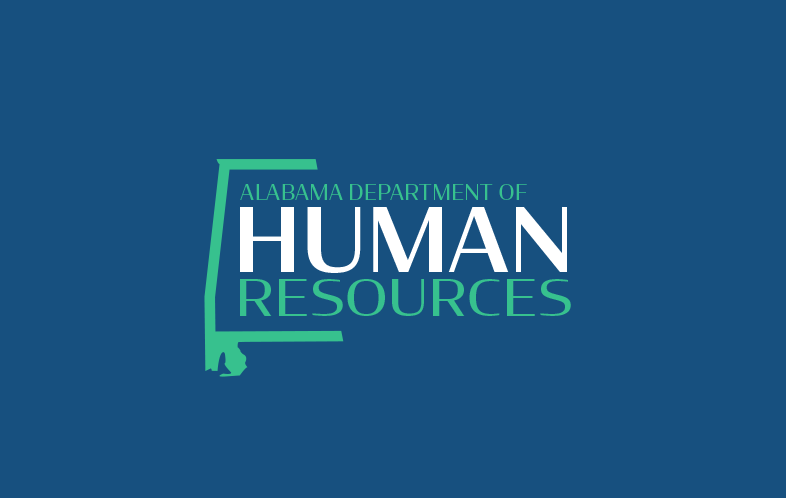MONTGOMERY, Ala. – The Alabama Department of Human Resources (DHR) announced it has received initial approval by the United States Department of Agriculture Food and Nutrition Service to issue Pandemic EBT (P-EBT) benefits to eligible students in Alabama.
Under this program, an estimated 407,395 Alabama school children will have access to meals that normally would have been provided at school. Child nutrition remains a priority during the COVID-19 pandemic and state agencies are taking the necessary steps to ensure nutrition for the proper growth and development of Alabama children.
P-EBT benefits will be provided to households that have children in grades K-12 who have temporarily lost access to free or reduced-price school meals due to the COVID-19 pandemic. These benefits are designed to cover meals missed since the onset of statewide school closures on March 18th through the end of the school year on May 29th.
Alabama DHR Commissioner Nancy Buckner said, “We want to ensure that no Alabama child goes hungry during this time. The P-EBT program is essential to many in our state who depend on free or reduced meals at school to feed their children. We are pleased that the USDA Food and Nutrition Service has initially approved our request to provide these benefits and we are working to get these funds distributed as soon as possible. We are also extremely thankful to Dr. Eric Mackey and his staff for working with us on this very important project. School districts across Alabama have done an exceptional job to ensure that children have access to nutritional meals while our schools are closed due to COVID-19; and, these P-EBT benefits will give children and families more support for nutritious, healthy food.”
The P-EBT program includes current Supplemental Nutrition Assistance Program (SNAP) recipients, as well as any other children who are eligible for a free or reduced-price meal at school.
The program allows children to receive benefits equal to the National School Lunch Program (NSLP) and School Breakfast Program (SBP) reimbursement rates, which is $5.70 per day, per child. Eligible households will receive benefits retroactively for the months of March, April, and May.
Benefits will first be distributed to existing eligible SNAP recipients via the household’s Electronic Benefit Transfer (EBT) card. No application is required. DHR will also coordinate with the Alabama State Department of Education (ALSDE) to identify eligible households who do not already participate in SNAP; those households will receive Electronic Benefit Transfer (EBT) cards with benefits beginning in May.
Households that would normally be considered ineligible for SNAP due to the household’s income will receive a P-EBT letter notifying them of eligibility and program provisions. These households may then verify their information provided by ALSDE and elect to participate in the P-EBT program. Households that choose to participate will be issued an EBT card and other pertinent information regarding EBT card use and choosing a Personal Identification Number (PIN).
DHR plans to issue most P-EBT benefits in May for the months of March, April and May.
P-EBT benefits will allow households to receive an estimated (per child): $68.40 for March, $125.40 for April, and $119.70 for May, depending on the family’s eligibility for free and reduced-price meals.
Children may continue to access meals distributed by local school districts while receiving P-EBT benefits.
The P-EBT benefits are active for 365 days from the date of issuance and are non-transferable.
P-EBT benefits may be used at any store that accepts SNAP and can be used to purchase SNAP eligible food items.
The Department is pleased that USDA Food and Nutrition Service has given Alabama the opportunity to assist more than 400,000 Alabama school children and their families.
###

